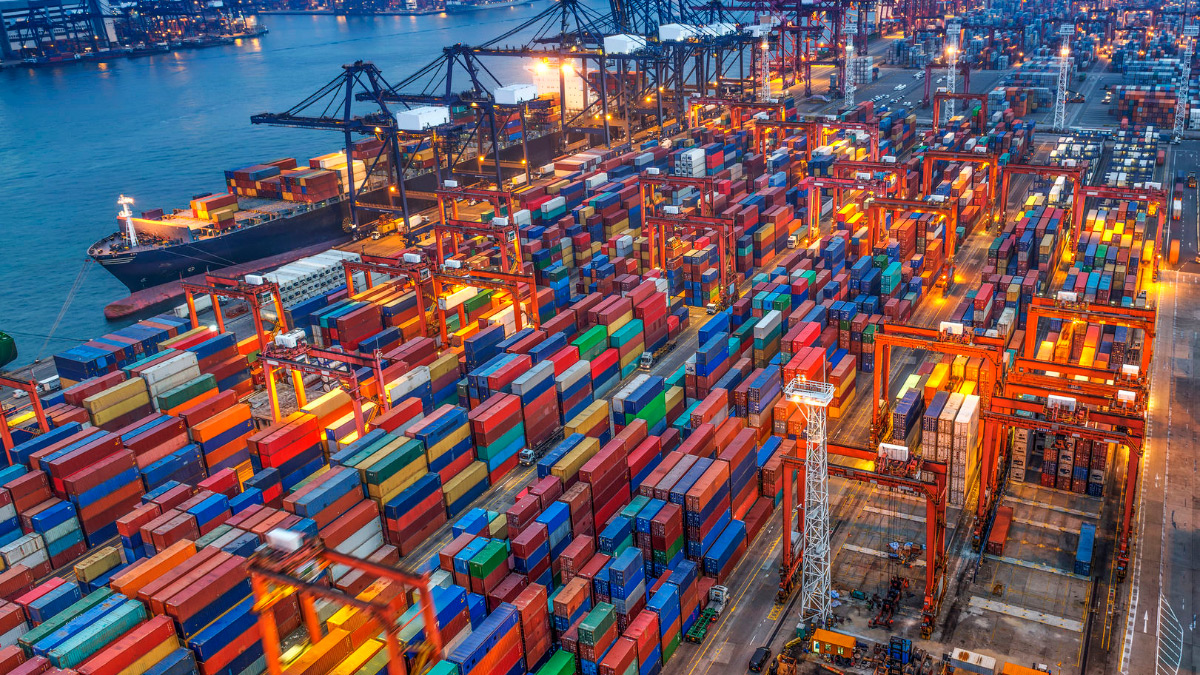Before his first State of the Union speech, President Trump had already acted on three big promises: tax cuts, deregulation, and “protection” against imports. In the flurry of commentary on his speech, however, almost no one mentioned that while the first two policies advance Americans’ welfare, the third does not. Put another way, unlike tax cuts and deregulation, trade restrictions conflict with the principle of economic competition, to which America is supposedly committed.
More than a century ago, the great American sociologist William Graham Sumner noted that protectionism fails the crucial question: “Does it enable the population of the country to command greater material good for a given effort?” For the population as a whole, clearly it does not. Tariffs and import quotas simply make imports more expensive, which benefits only special interests who advocate them.
Long before Sumner, Adam Smith diagnosed the social toxicity of protectionism: “To narrow the competition, is always the interest of [domestic producers] ... to levy, for their own benefit, an absurd tax upon the rest of their fellow-citizens, [which gives them] an interest to deceive and even oppress the public.”
The never-ending threat that special interests will lobby to enact government restrictions that benefit only themselves, at the expense of the general welfare, is the reason why Smith trusted free competition, not businessmen.Free markets give consumers the power to refuse offers that don’t advance their well-being, encouraging businessmen to compete to make them better off. The results are better options, lower prices, and higher quality.
In contrast, protectionism restrains trade and lessens competition, artificially restricting the merchants’ ability to offer wares that American consumers prefer. Consequently, it harms consumers by in effect taxing them and giving most of the benefits (in the form of higher prices) to government-favored domestic producers.
What could better exemplify a conspiracy—between certain American producers and the U.S. government against American consumers—in restraint of trade?
Hidden behind the misleading rhetoric of “protection,” lurks a deeply troubling moral problem: it violates what Thomas Jefferson called “the first principle of association, the guarantee to everyone of the free exercise of his industry and fruits acquired by it.”
The Constitution’s embodiment of Jefferson’s principle is what created the largest internal free-trade zone on earth. The logic of interstate free trade and international free trade are the same.
Voluntary trades create wealth—both parties get what they value more in exchange for what they value less. Consequently, unnecessarily high prices wipe out many such trades and the mutual wealth generated.
Just as eroding competition from abroad destroys wealth by pushing up prices and eliminating mutually beneficial trades, so do higher taxes. Conversely, cutting taxes creates wealth that would not otherwise be created. Tax cuts, unlike protectionism, are consistent with advancing Americans’ general welfare.
Unnecessarily costly regulations act like taxes, similarly reducing Americans’ well-being. Cutting such burdens therefore reduces costs and prices, rescuing wealth creation that would otherwise be destroyed.
There is no good reason to combine wealth-creating policies with wealth-destroying ones. This is especially true in the case of protectionism, which enlarges the political swamp rather than draining it. White House assertions that consumers will gain from tariffs on Chinese solar panels and Korean washing machines are like so much other “fake news” the president decries.








